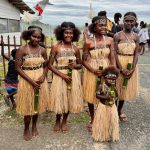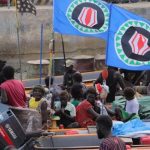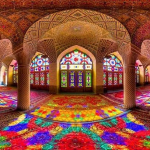From January 9-11, 2025, Caracas hosted the Anti-Fascist Festival, an event that attracted over 2,000 delegates from 125 countries. The festival coincided with the inauguration of Nicolás Maduro for his third term as president, marking an important moment in Venezuela’s political landscape.
The event wasn’t just a gathering of like-minded individuals; it was an international forum for discussing the resurgence of far-right ideologies and the global fight against fascism. From a political point of view, the festival provided a lens into Venezuela’s continued role in the broader geopolitical landscape and the Bolivarian Revolution that has shaped its modern identity.
The Bolivarian Revolution: A Historical Overview
To understand the significance of the Anti-Fascist Festival in Caracas, it’s important to look at the historical context of Venezuela’s political trajectory. The Bolivarian Revolution, which began under Hugo Chávez in the late 1990s, is the backbone of the country’s modern political identity. Chávez, who was elected president in 1998, sought to establish a socialist model that would challenge the existing capitalist order and empower Venezuela’s poor and working-class populations.
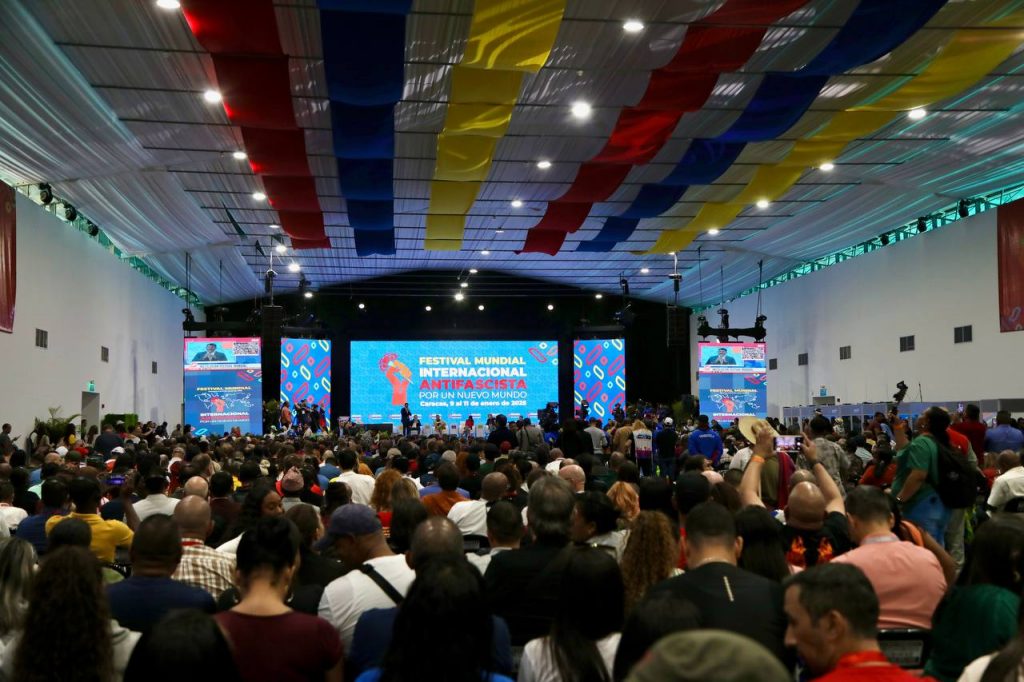
Named after Simón Bolívar, the South American revolutionary who fought for independence from Spanish colonial rule in the 19th century, the Bolivarian Revolution aimed to continue Bolívar’s vision of a united Latin America free from foreign imperialism. Chávez’s movement sought to dismantle the neoliberal economic policies that had dominated Venezuela for decades, replacing them with a socialist agenda focused on wealth redistribution, social welfare programs, and a strong anti-imperialist stance.
One of the most defining moments of the revolution came in 2002, when Chávez faced a failed coup attempt by opposition forces. The coup was backed by the United States, which had long opposed Chávez’s policies and his alignment with other leftist governments in the region, such as Cuba. The failed coup only strengthened Chávez’s resolve, and he emerged as a symbol of resistance against foreign intervention and domestic elites. The Bolivarian Revolution was not just about economic change—it was about reclaiming sovereignty and challenging external influence, particularly from the United States and Western powers.
Chávez’s tenure saw a series of social reforms, including the expansion of healthcare and education, as well as the implementation of land reforms aimed at redistributing wealth and breaking up the power of the country’s traditional elites. However, his government also faced criticism for its handling of the economy, particularly in the face of declining oil prices and increasing economic sanctions from the United States and other Western countries.
The Rise of Nicolás Maduro and Venezuela’s Continued Resistance
After Chávez’s death in 2013, Nicolás Maduro assumed the presidency. While Maduro inherited Chávez’s legacy, his time in office has been marked by increasing political and economic turmoil. The country has faced severe hyperinflation, a dramatic fall in oil prices, and an ongoing humanitarian crisis, which has led to widespread emigration. Despite these challenges, Maduro has remained defiant, often framing the crisis as a result of external imperialist forces rather than internal mismanagement.
Maduro’s government has continued the Bolivarian Revolution’s anti-imperialist rhetoric, focusing on Venezuela’s sovereignty and its resistance to foreign intervention. The Anti-Fascist Festival in Caracas, which took place during his third-term inauguration, is part of this broader narrative. The festival, as described by Vice President Delcy Rodríguez, sought to address the growing influence of far-right movements globally, particularly in liberal democracies. Rodríguez’s remarks highlighted the role of social media and economic coercion in the rise of these movements, which have been particularly evident in regions like Palestine, Ukraine, and South America, including Venezuela itself.
The festival also focused on the need for international solidarity against fascism, drawing attention to the importance of unity among progressive movements worldwide. This theme is deeply rooted in the history of the Bolivarian Revolution, which has always emphasized the need for regional cooperation and solidarity, particularly among Latin American nations. Venezuela’s support for other leftist governments in the region, including Cuba and Nicaragua, has been a consistent feature of its foreign policy.
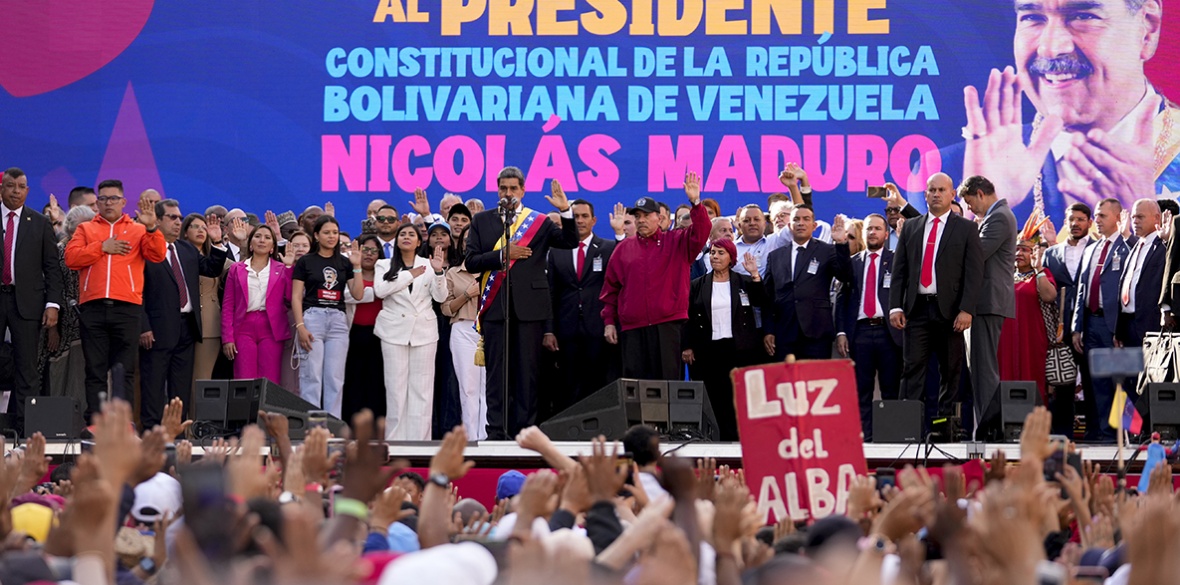
The Anti-Fascist Festival and Venezuela’s Role in Global Politics
The Anti-Fascist Festival was more than just a political gathering—it was a reflection of Venezuela’s continued role in global political movements. The event highlighted the country’s ongoing resistance to what it sees as imperialist forces, particularly the United States and European powers. By hosting the festival, Venezuela reinforced its position as a leader in the fight against fascism, colonialism, and neocolonialism.
The festival also provided a platform for discussions on how to combat the rise of far-right ideologies, with seminars on topics such as women’s roles in anti-fascist movements, the fight against colonialism, and the importance of intellectuals, artists, and social movements in defending humanity. These discussions were framed within the context of Venezuela’s own revolutionary history, which has always been centered on social justice, anti-imperialism, and resistance to fascism.
President Maduro’s closing speech underscored the historical significance of the festival, particularly the 80th anniversary of the victory against fascism in World War II. Maduro reminded delegates of the role played by the Soviet Red Army and China in defeating Nazi Germany and Imperial Japan. He also drew attention to Venezuela’s own history of resistance, from the indigenous Ayacucho warriors who fought against colonial invaders to the modern-day struggle against imperialism.
Why Venezuela Remains Politically Relevant
For those interested in global politics, Venezuela remains a fascinating case study. Despite facing significant challenges, the country continues to position itself as a key player in the fight against fascism and imperialism. The Anti-Fascist Festival is just one example of how Venezuela is using its political platform to engage with global movements and promote its revolutionary ideals.
Whether one agrees with Venezuela’s political stance or not, its role in the global political landscape cannot be ignored. The country’s history of resistance, its continued defiance against foreign intervention, and its commitment to socialist ideals make it an important player in the ongoing struggle for global justice. The Anti-Fascist Festival in Caracas served as a reminder of Venezuela’s enduring political significance, offering a unique perspective on the fight against fascism and the importance of international solidarity.
Click the link to read about our Venezuela Tours, as well as our Cuba Tours.



